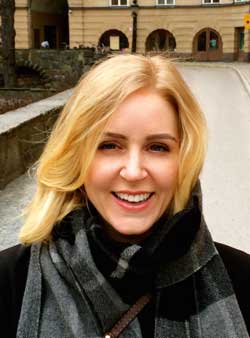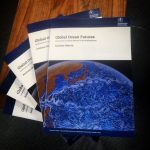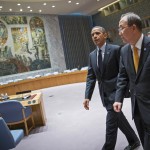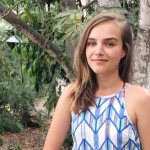“In Nereus, I have engaged in collaborative research with fellows, alumni, and Principal Investigators at Stockholm University and Duke University to enhance our understanding of the linkages between non-governmental organizations (NGO) and global marine governance institutions,” says Lisa Dellmuth, who recently completed her Nereus Program fellowship at the Stockholm Resilience Centre.
Dellmuth received her PhD in political science from the University of Mannheim. Her research as part of her fellowship focused on understanding when, how and why advocacy groups mobilize and gain influence in global marine governance. She used political science and economic tools to enhance understanding of the linkages between advocacy groups, domestic politics, and international governmental organizations in global marine governance.
 In different constellations, Dellmuth and collaborators have examined and identified 1. the patterns and dynamics of NGO participation in Regional Fisheries Management Organizations (RFMOs); 2. the effects of NGO participation on the effectiveness of RFMOs in changing behaviour and enhancing ecological outcomes; and 3. the key organizations shaping outcomes in global marine governance. These works are currently in preparation or under review.
In different constellations, Dellmuth and collaborators have examined and identified 1. the patterns and dynamics of NGO participation in Regional Fisheries Management Organizations (RFMOs); 2. the effects of NGO participation on the effectiveness of RFMOs in changing behaviour and enhancing ecological outcomes; and 3. the key organizations shaping outcomes in global marine governance. These works are currently in preparation or under review.
“Nereus has provided me with unique opportunities to engage in collaborative research and build networks in global environmental governance among researchers at universities, research institutes, and think tanks,” says Dellmuth. “These networks and the research experience enabled by Nereus will inform my future work as a Senior Lecturer in International Relations at Stockholm University, where my research activities include climate-security risks and the legitimacy and effectiveness of global environmental governance institutions, including marine institutions such as the RFMOs and the Marine Stewardship Council.”








